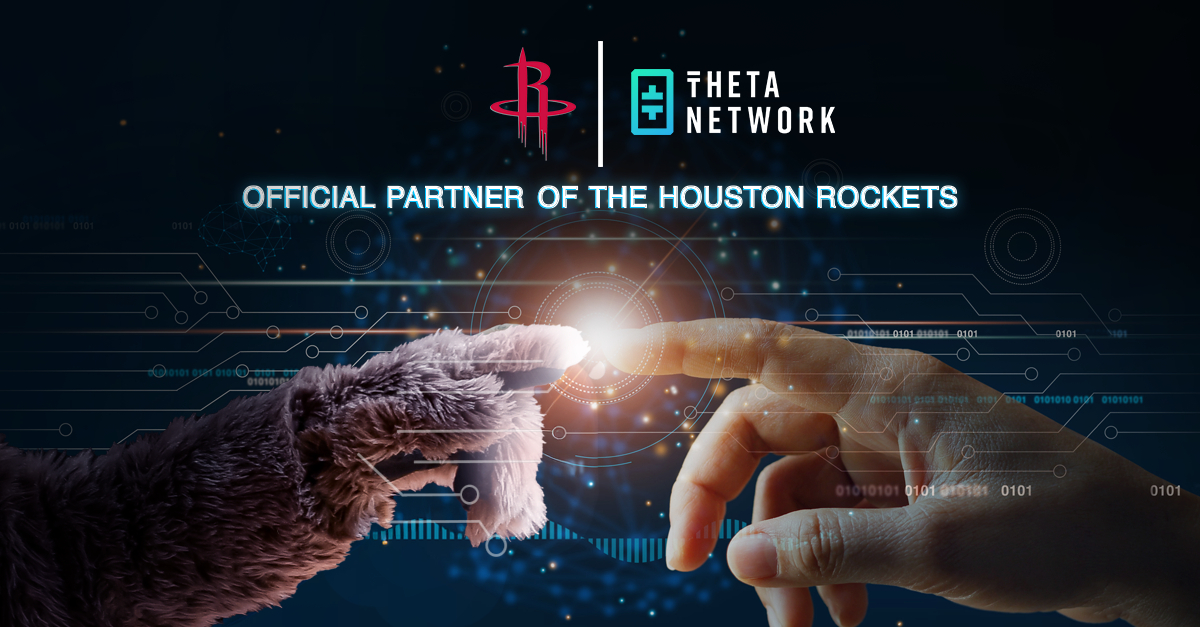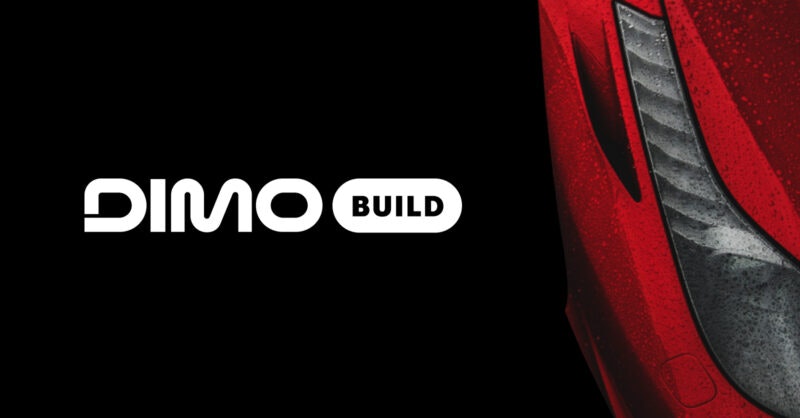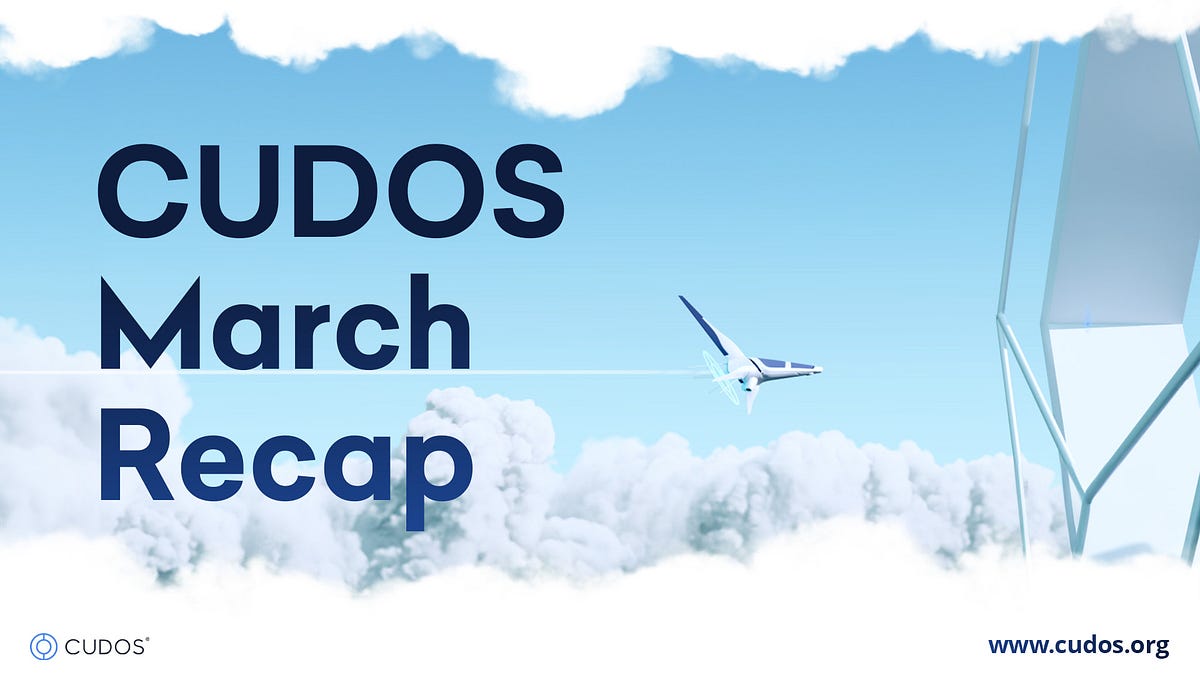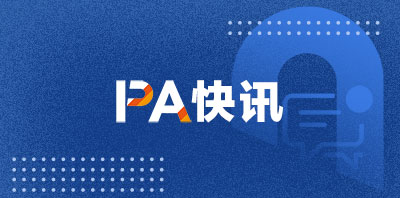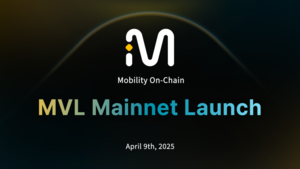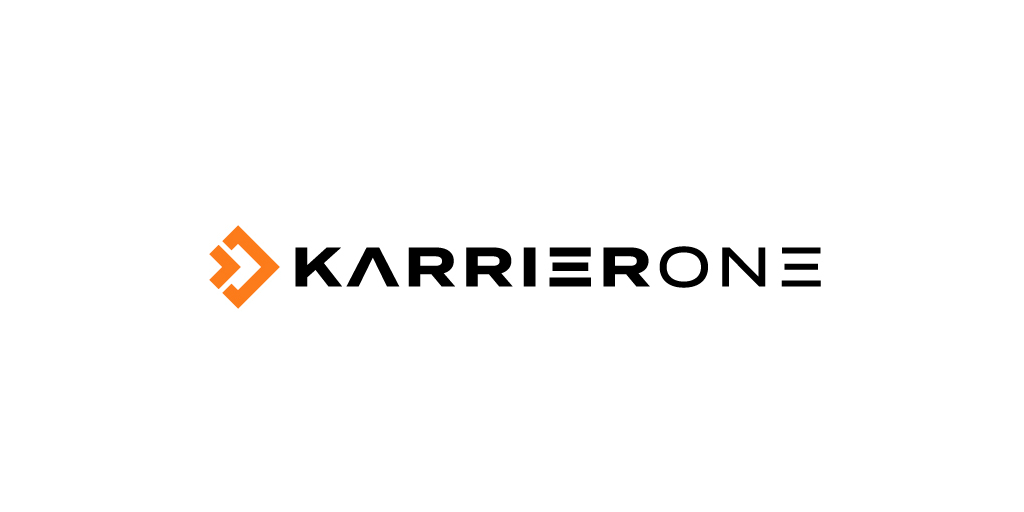Introducing the Enhanced Verida Network Explorer for Decentralized Identity Management
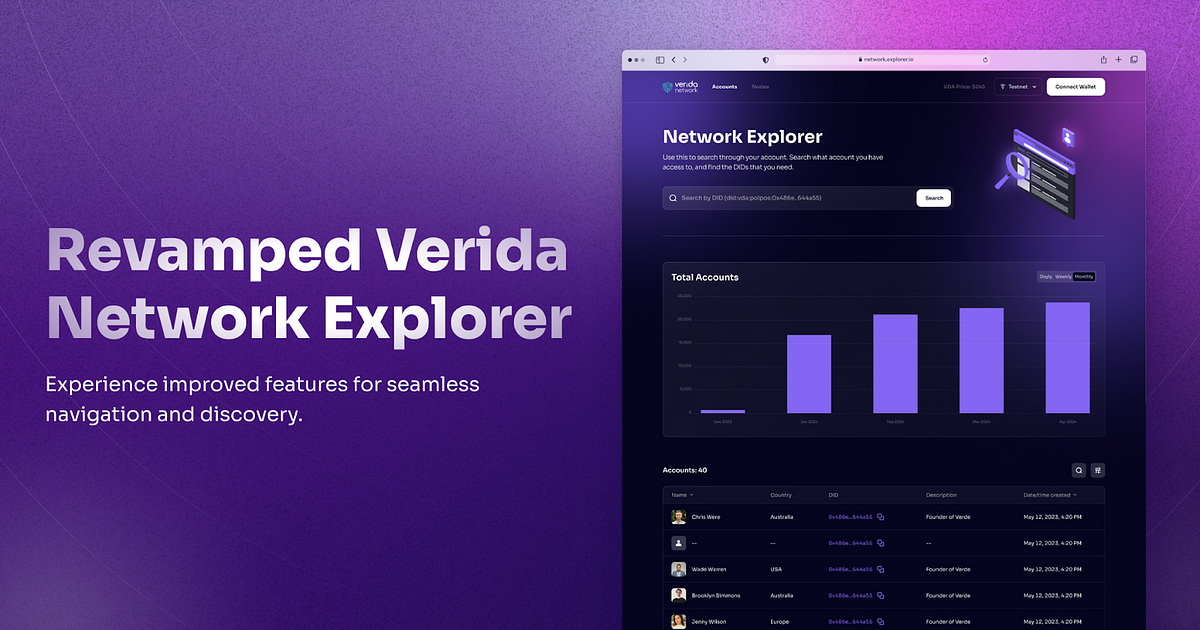
Experience improved features for seamless navigation and discovery with the newly revamped Verida Network Explorer. Verida, as a layer zero DePIN, secures private data and provides confidential compute for secure personal AI assistants. The goal is to empower users and developers by offering a tool to understand decentralized identities (DID) and activities on the Verida Network. The Explorer allows users to search for their unique DID, examine their public DID document and metadata, view storage node distribution, access storage node details, and soon, get an overview of storage nodes on the Verida Network. Verida provides infrastructure for private data and personal AI applications, enabling users to manage their identity, crypto, data, and reputation. The Network Explorer serves as a window to manage digital identity effectively, offering insights for users and resources for developers. To learn more, there are comprehensive user guides and technical docs available. Verida is a decentralized data network and self-custody wallet that empowers users with control over their digital identity and data, utilizing cutting-edge technology for secure storage solutions and personalized AI applications.
Related News
